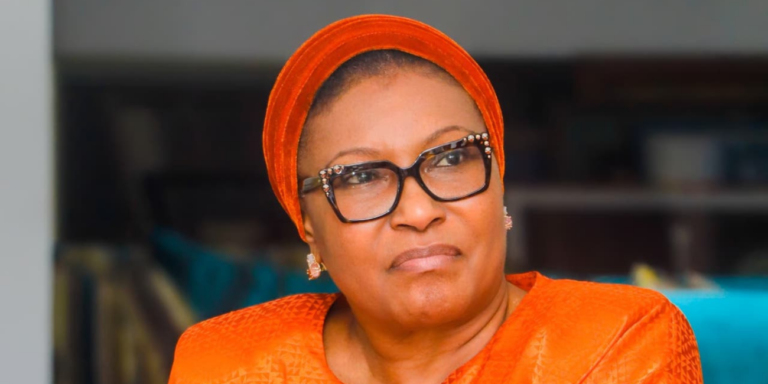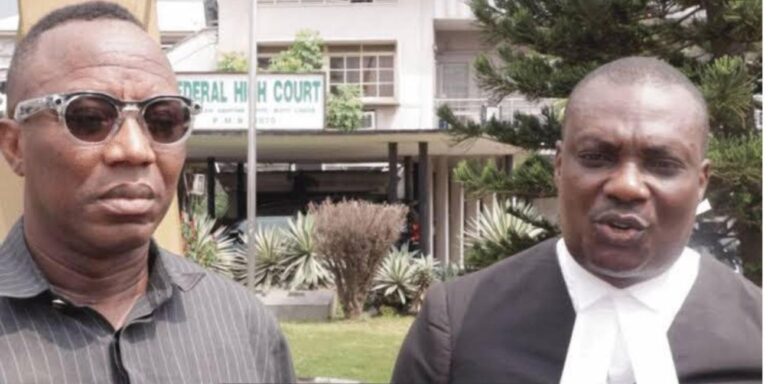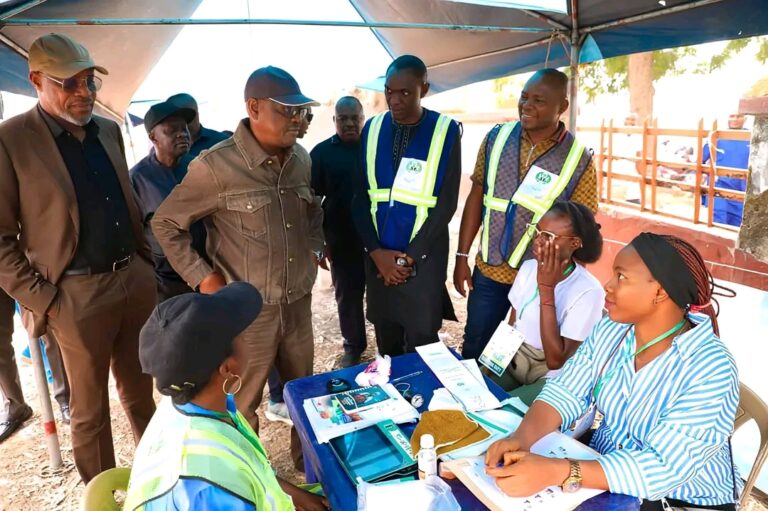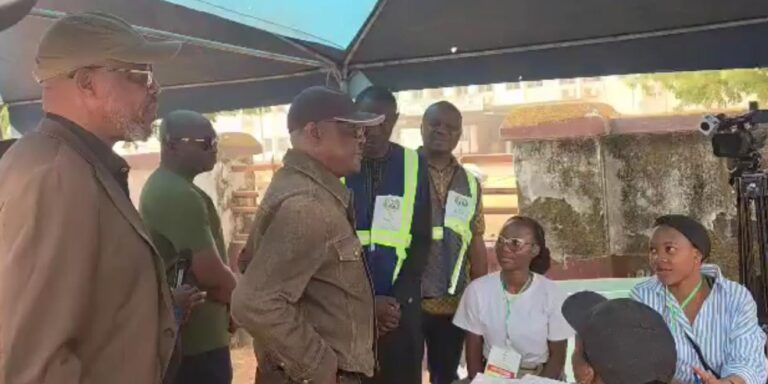
Firearms Debate Reignites as Rhodes-Vivour Challenges Federal Government
The national conversation around firearms and self-defense has taken a new dimension as Labour Party chieftain and former Lagos governorship candidate, Gbadebo Rhodes-Vivour, openly challenged the Federal Government to either secure the lives of Nigerians or license firearms for citizens to defend themselves.
His remarks, which quickly spread across social and political circles, reflect the deepening frustration over Nigeria’s worsening insecurity.
For years, Nigerians have witnessed an alarming rise in kidnapping, armed banditry, communal clashes, and rural attacks that have crippled economic activities and eroded public confidence in the country’s security structure. From the North-West to the Middle Belt, and even emerging threats in the South, citizens increasingly feel vulnerable.
It is within this tense atmosphere that Rhodes-Vivour insists that Nigerians cannot continue to live unprotected and at the mercy of criminals.
Firearms Licensing as a Last Resort
Rhodes-Vivour’s statement emphasizes a painful reality: many communities across Nigeria already depend on informal security networks, vigilantes, hunters, and local guards to survive. According to him, if the Federal Government cannot guarantee safety, then responsible and law-abiding citizens should be allowed access to legally licensed firearms for personal and community defense.
His argument is built on the principle of self-preservation, which he believes has become inevitable for Nigerians living in high-risk zones. He warned that the government’s constitutional obligation to protect lives and property is increasingly being undermined by unchecked violence and attacks that claim innocent lives daily.
Rhodes-Vivour’s bold call has forced many to reassess the question: Should civilians be empowered through controlled access to firearms when the state fails to protect them?
Public Reactions Reveal Growing Anger and Desperation
The push for a national debate on firearms has gained traction, as citizens and analysts weigh the potential benefits and dangers. Supporters of his proposition argue that licensed firearms would give vulnerable Nigerians a fighting chance against armed criminals who currently operate freely, often without immediate law-enforcement response.
On the other hand, critics caution that Nigeria’s ethnic complexities, political tensions, and history of communal conflicts could make widespread availability of firearms dangerous. They warn that without strict regulation, such a move could escalate violence rather than reduce it.
Nonetheless, one thing is clear: Rhodes-Vivour’s message resonates with Nigerians who feel abandoned. Many see his statement not merely as a call for firearms, but as a cry for urgent action from the Federal Government to address a failing security architecture.
Can the Government Still Protect Its Citizens?
Rhodes-Vivour’s challenge to the government raises critical questions that policymakers can no longer avoid. Nigerians are increasingly asking:
Are the current security strategies effective?
Should Nigeria decentralize policing or finally establish state police?
Can community-based security frameworks complement federal structures?
Would regulated civilian ownership of firearms reduce or increase insecurity?
These questions highlight the gap between government assurances and the reality on the ground. Despite increased security spending and repeated promises, violent incidents continue to rise, pushing communities into despair.
The Firearms Conversation Is Not Going Away
Rhodes-Vivour’s statement has ensured that the issue of firearms licensing will remain a heated topic in national discourse. Whether one agrees with him or not, the truth remains that Nigeria is facing one of its most challenging security crises in decades.
Until the Federal Government restores confidence through decisive and effective action, the demand for alternative security measures—including the licensing of firearms—will continue to grow. The debate may be uncomfortable, but for many Nigerians, it has become a necessary conversation for survival.
Read More related news or articles Police Withdrawal from VIP Escorts: Tinubu Reshapes National Security Priorities







